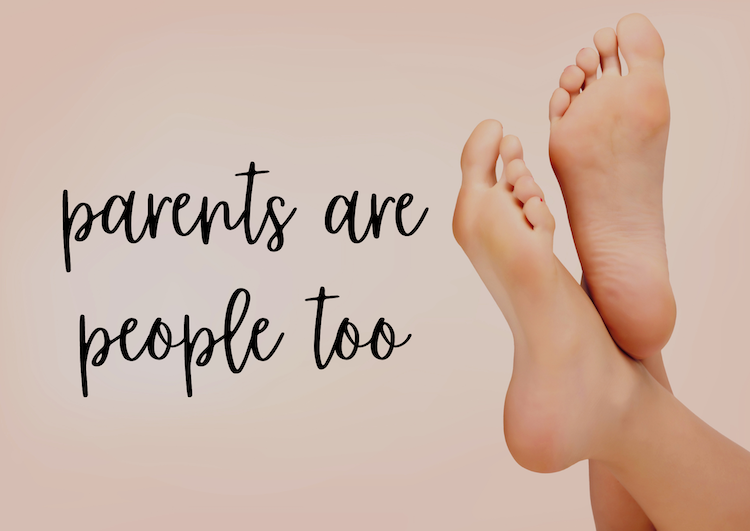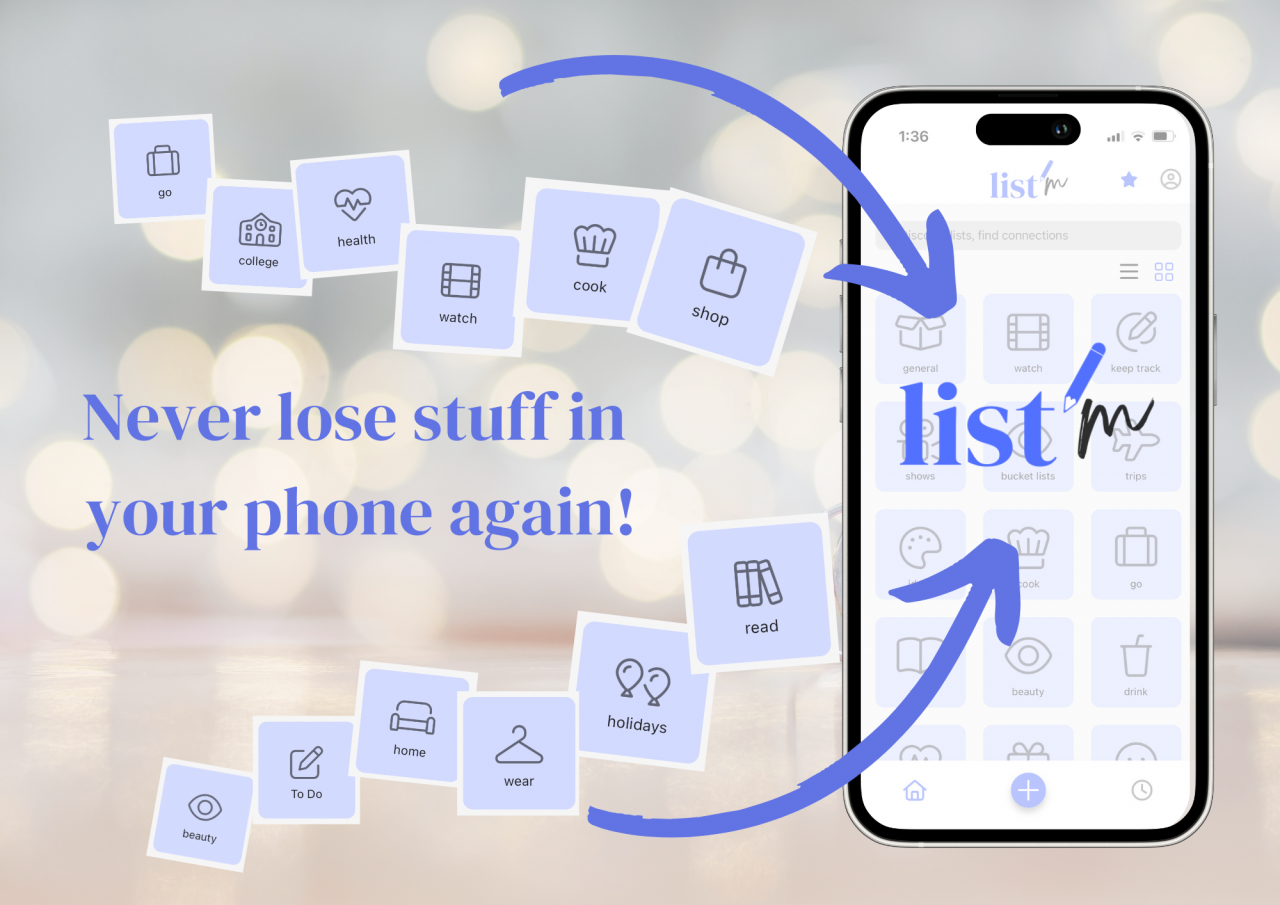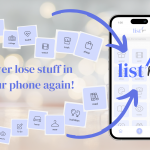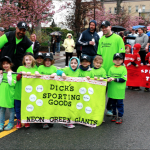5 Ways to Be Kinder to Your Memory
 I get asked about memory problems very often. Friends, family, patients, clients all want to be reassured that the thing they forgot is not a sign of a much bigger problem. As soon as we misplace our car keys, wonder why we walked into a certain room, or struggle to recall a name, our catastrophic tendencies have us worried we are experiencing symptoms of early dementia. Of course, the stress of thinking this gives us anxiety and anxiety can contribute to forgetfulness, so we do ourselves no favor interpreting every lapse as a serious problem. I spend a whole lot of time on top of a soap box telling people to be kinder to themselves, and in this case I’m on my tiptoes screaming even louder. We need to give ourselves a break.
I get asked about memory problems very often. Friends, family, patients, clients all want to be reassured that the thing they forgot is not a sign of a much bigger problem. As soon as we misplace our car keys, wonder why we walked into a certain room, or struggle to recall a name, our catastrophic tendencies have us worried we are experiencing symptoms of early dementia. Of course, the stress of thinking this gives us anxiety and anxiety can contribute to forgetfulness, so we do ourselves no favor interpreting every lapse as a serious problem. I spend a whole lot of time on top of a soap box telling people to be kinder to themselves, and in this case I’m on my tiptoes screaming even louder. We need to give ourselves a break.
Here are five ways you can be nicer to your hippocampus, which is a part of the brain that is critical to memory … I think, but who can remember all the way back to neuroanatomy😜
- Know the facts. Of course, dementia can present as forgetting words or misplacing items, but it almost always has more severe characteristics. People with dementia may have short term memory lapses, like forgetting a conversation they just had or repeating the same question. They may find themselves walking or driving somewhere they go routinely and completely lose their way. They may have trouble remembering how to do simple things, like preparing a meal or making a cup of tea. In many cases, it is the people who love the person that see the problem before the person affected notices it. Don’t assume every “senior moment” is a sign of something more sinister.
- Aging affects everyone’s memory. Accept this. It is a natural part of getting older to occasionally forget a few things or to take a few more seconds to recall something. Just as we can’t run as fast or jump as high, we slow down in other ways. But, comparatively, I think it is safe to say our brain slows down at a much slower rate than our bodies, and the alternative is far worse. It is not only ok, it is healthy, to embrace the normal changes on this journey of living.
- Consider how our culture is impacting us. If you listened to my Audible, Worry Less, Parent Better, you’ll know I love to blame our culture for lots of things, especially for the state of our mental health. Memory loss is no exception. Think about how different your life is than your parents’. They watched the evening news, you are bombarded with news and pop culture constantly. They stayed in touch with an occasional letter and their circle was small. You are staying in touch with hundreds, if not thousands, of people from your life through social media. They had time to themselves to regroup and lay down memory. You are constantly accessible. Your circle of friends is likely much larger, and if you have kids, you are also more involved with your kids and their friends and their friends’ parents and even their friends’ grandparents. Because of zoom, you collaborate with more people at work, and changing technology requires us to constanty learn new things to keep up. There is simply more information to recall, more people to remember, but our storage capacity hasn’t evolved or grown. How could we not forget some things?
- Take steps to support your memory. Just like it is important to keep moving for our joints and eating healthy for our digestive systems, we need to exercise our brain. Learn new things, ask more questions, engage your mind, stay social. Remember that your brain is an organ and doing things to stay generally well, like sleeping and exercising, will support your mind as well as your body.
- Help your memory out! Rather than getting frustrated or fearful, take steps to take some of the pressure off of your memory. It cannot effectively carry the heavy load we expect it to these days. Write things down, stay organized, establish systems, keep lists where you can find them, think about who will be at the party before you walk in. In essence, accept that your memory is on overload and that stressing it more will hurt more than help. It is the main reason I developed this app, list’m. I needed to, one, keep track of the things I wanted to remember, and two, just as importantly, remember where I put them. It’s been a game changer for me and I’m so excited to make it available to everyone. If you want to check it out, it’s available for free on the app store.
CHECK OUT LIST’M … YOU’LL BE SO HAPPY YOU DID
7 WAYS TO STOP STRESS FROM AFFECTING YOUR SKIN

FIVE WAYS TO GET YOUR KIDS TO HELP OUT






















